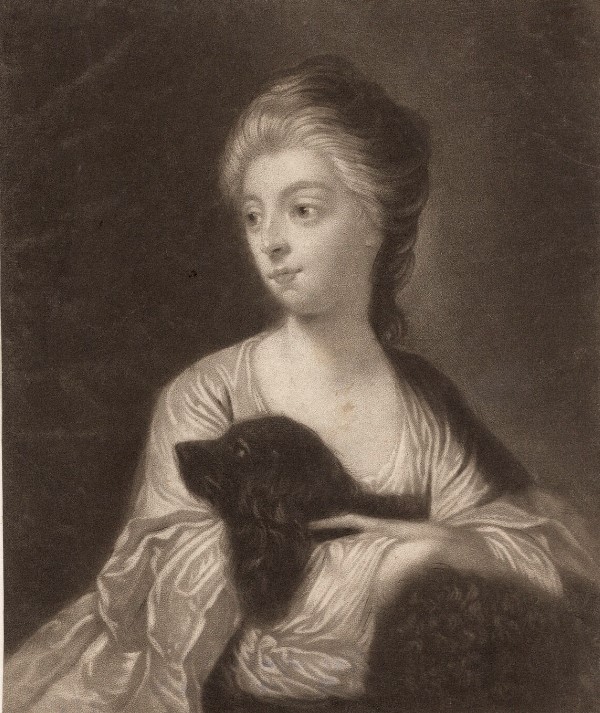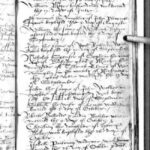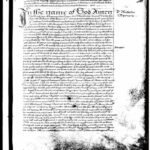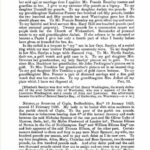
Mary Elmes
Date of Birth
November 27, 1583
Place of Birth
Northamptonshire, England
Towns / Cities Moved Into
Cople, Bedfordshire, England
Known Occupation
-
Religion
-
Spouse
Death Information
Year of death
March 13, 1643
Place of death
Cople, Bedfordshire, England
Cause of death
-
Burial location
All Saints Churchyard, Cople, Bedford Borough, Bedfordshire, England
Obituary

Parents

Thomas Elmes

Christian Hickling
Marital Status


Married Nicholas Spencer
1599
Wigsthorpe, Northamptonshire, England
Siblings








Children









Narrative / Story
Mary Elmes, born on November 27, 1583, in Northamptonshire, England, embarked on her life’s journey during a period brimming with historical significance. As the daughter of Thomas Elmes and Christian Hickling, Mary’s early years were nestled in the rural landscapes of England, under the shadow of monumental events like the establishment of the first English colony in America in 1585 and the execution of Mary, Queen of Scots, in 1587. These events, emblematic of the era’s religious and political upheaval, undoubtedly echoed in the backdrop of her childhood.
In 1599, at the tender age of 16, Mary’s life took a pivotal turn as she entered into matrimony with Nicholas Spencer. Their wedding, held in Lilford cum Wigsthorpe, Northamptonshire, marked the commencement of a new chapter in her life. The couple settled in Cople, Bedfordshire, where they nurtured a growing family, including Nicholas Spencer II, Mary Lucy Spencer, and several other children. Mary’s role as a wife and mother in this era was far from easy; it entailed a plethora of domestic responsibilities and the management of household affairs, all within the confines of the societal norms of the time.
The turn of the century brought about the establishment of the Honourable East India Company in 1600, a testament to the expanding global trade networks. While this development might have seemed distant, it was indicative of the changing times Mary lived in. Her everyday life, though primarily centered around her family and home, was subtly influenced by these broader socio-economic shifts.
Mary’s existence was not just confined to the domestic sphere. In a period where women’s roles were largely predetermined, she might have also played a part in the agricultural activities or cottage industries that were typical in rural communities. These undertakings, though often overlooked, were crucial in the sustenance and economic stability of her family.
Mary’s journey came to a close on March 13, 1643, in Cople, Bedfordshire. Her passing occurred against the backdrop of the burgeoning English Civil War, a period marked by deep societal and political strife. She was laid to rest in All Saints Churchyard in Cople, her grave a testament to the era’s enduring Christian traditions.
Mary Elmes’ life, spanning the late Elizabethan and early Stuart periods, offers a unique glimpse into the experiences of an ordinary woman in early modern England. Her story, interwoven with the tapestry of significant historical events, reflects the resilience and adaptability of individuals in the face of the relentless march of time and change. As we delve into her narrative, we uncover not just the chronicle of a single life but a vibrant portrait of an era that laid the foundations of the modern world.


